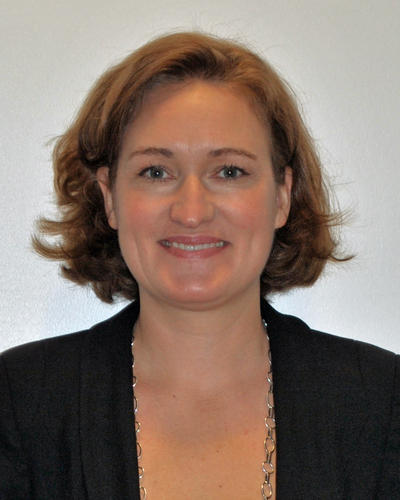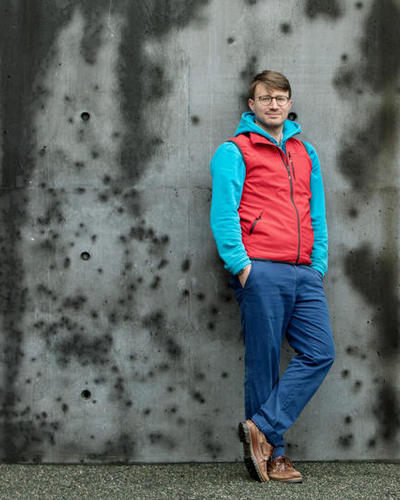Closing Conference for the DeWindSea project
In collaboration with the Department of Comparative Politics, the research group invited experts on offshore wind energy from the UK, Denmark, Latvia, Poland, and Norway to participate in a interdisciplinary conference.

Main content
Held on the 8th and 9th of February, the conference included a range of presentations and discussions on offshore and onshore wind-related issues. The conference is part of the project 'Designing a Refined Legal Framework for Offshore Wind in the North Sea Basin' (DeWindSea), financed by the Academia agreement. The objective of the project is to bring together up-to-date insights on technology potentials for offshore wind with research on the legal and societal challenges associated with offshore wind development. Michaël Tatham, one of the partners of the project, shared insights into the discussions that unfolded during the event. He emphasized the interdisciplinary nature of the conference.
“Different researchers highlighted some key findings, including the role of non-energy issues in the energy transition, such as wider party cues, the importance political trust, different conceptualizations of democracy and their implications for the energy transition, as well as symbol politics. Energy policies are very often about more than just energy. They relate to much broader legal and political questions, which sometimes take precedence over purely energy issues.”
The conference gathered board members and guests from the UK, Denmark, and Norway. Are there any notable differences between the countries that were discussed?
“The three cases of Norway, Denmark, and the United Kingdom are very interesting to both compare and contrast. Denmark was a frontrunner when it comes to offshore wind, whilst in more recent times the UK has witnessed massive development in this field. Meanwhile, Norway has great offshore wind potential which was mostly left unexploited. The differences in deployment, legal frameworks, and value chains were all interesting to explore,” Michaël explains.
PhD candidate Eirik Finserås was one of the key speakers at the conference. His research raises questions about how offshore wind farm licensing can be optimized to stimulate more efficient handling of planning procedures and accelerate the energy transition. He highlights some of the topics presented during the conference:
“How we make way for multi-use and innovation, optimize marine spatial planning to coordinate different offshore activities, stimulate public perception of projects, respond to emergencies by adopting regulations and optimize licensing frameworks to promote efficiency, transparency and accountability are issues at centre stage within which both legal and social sciences can work together to find solutions. The presentations did in this respect give rise to interesting discussions and these helped to charter a research agenda for 2024 and beyond.”





